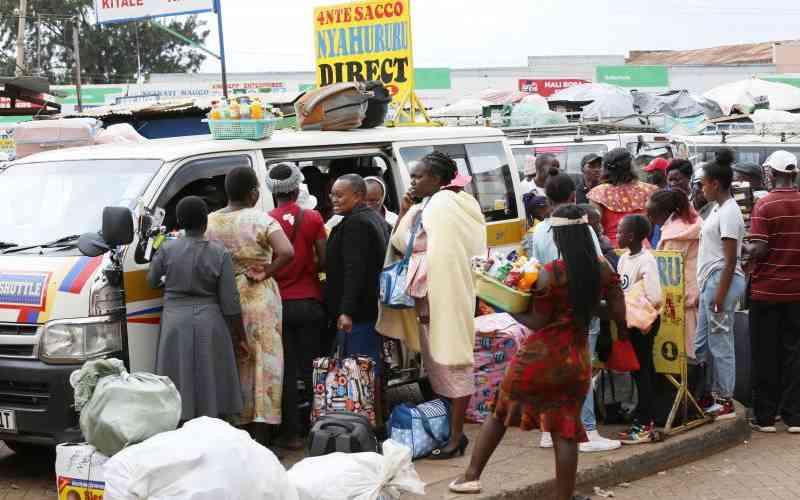
A new report by Youth Alive Kenya (YAK), in partnership with Oxfam in Kenya and funded by Global Affairs Canada (GAC), has revealed the significant toll unpaid care work continues to place on women and girls across the country.
The report, titled Assessment of Time and Labour Saving Infrastructure (TLDI) in Reducing and Rehabilitating Care Work in Kenya, presents evidence from Nairobi, Kiambu, Mombasa and Nakuru counties and outlines a clear path forward through improved infrastructure.
Care responsibilities such as fetching water, cooking, cleaning, and supporting children, the elderly, or persons with disabilities remain largely invisible and unrecognized within the economy.
According to the study, women in urban informal settlements remain the most burdened, despite some progress in expanding water and energy access.
The uptake of TLSI remains limited due to high costs, poor infrastructure, and low public awareness.
Speaking during the report launch, Rahma Issa, YAK’s programmes officer for the Social Well-being and Gender Equity Pillar, said the report goes beyond data, capturing the lived realities of women and girls.
“It shines a light on care work, a vital yet invisible contribution, undervalued and disproportionately carried by women,” she said.
“Guided by the 5Rs — Recognize, Reduce, Redistribute, Reward, and Represent,it offers community-driven solutions to ease the care burden and ensure fair recognition, decent conditions, and caregiver participation in decisions that shape infrastructure.”
Issa affirmed that the research unites evidence, voices, and solutions to build a fair and inclusive care economy.
In rural Nakuru, the report found households still relying heavily on firewood and unpiped water.
In Mombasa, irregular water supply forces families to depend on private vendors. Even in better-resourced Nairobi and Kiambu, the cost of appliances such as washing machines, clean cook stoves, and refrigerators puts them out of reach for most low-income households.
The study also noted that domestic workers, a key part of the care economy,are often employed informally and may lack the training or trust to operate modern appliances.
This perpetuates manual labour, limiting women’s opportunities to engage in education, paid work, or community activities.
Key barriers identified include high costs of appliances and care services, insufficient public investment in water and energy infrastructure, limited awareness among employers and workers of TLSI benefits, and the absence of coordinated national policy or tax incentives for care-supportive technologies.
The private sector’s role in supporting care infrastructure remains minimal, with only five of 44 relevant institutions participating in the assessment.
Stay informed. Subscribe to our newsletter
To address these gaps, the report recommends integrating TLSI into national and county development plans, offering tax exemptions and import duty relief for relevant technologies, and supporting community financing models to improve affordability. It also calls for expanded training, public awareness campaigns, and better gender-disaggregated data to guide targeted investments and track progress.
“Improving gender-disaggregated data is also essential for guiding targeted investment and monitoring progress,” said Issa.







